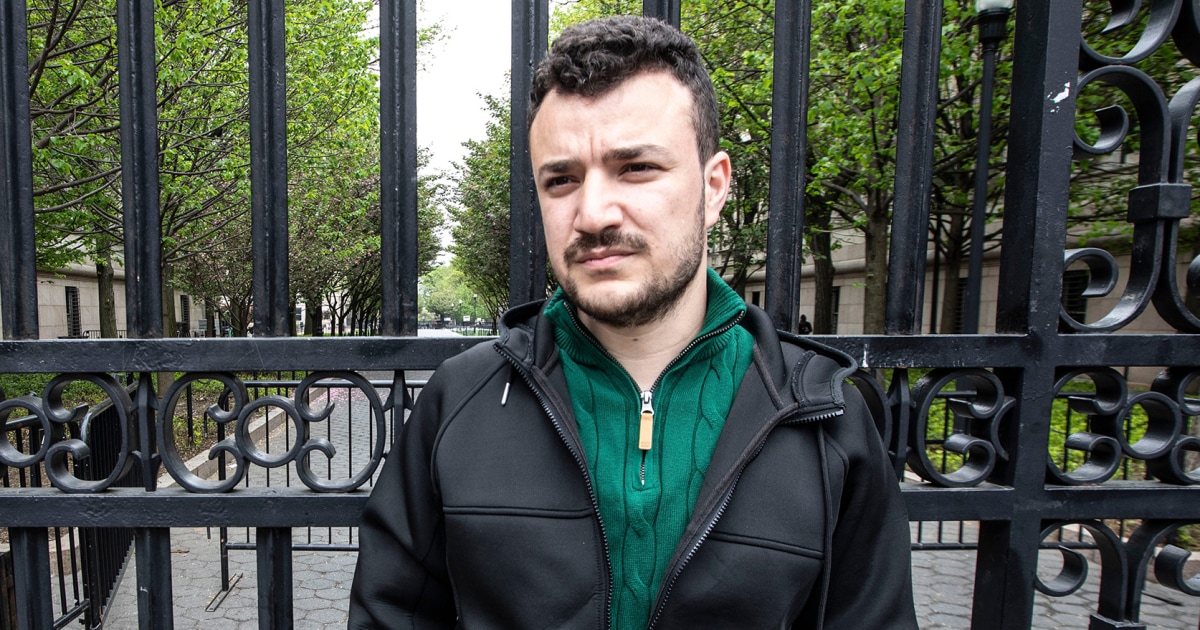Federal Judge Rules Trump Administration's Deportation Efforts Against Pro-Palestinian Activist Likely Unconstitutional
A federal judge found the Trump administration's justification for deporting Mahmoud Khalil likely unconstitutional, citing vagueness in the law applied to his case.
Subscribe to unlock this story
We really don't like cutting you off, but you've reached your monthly limit. At just $5/month, subscriptions are how we keep this project going. Start your free 7-day trial today!
Get StartedHave an account? Sign in
Overview
U.S. District Judge Michael Farbiarz ruled that the Trump administration's attempt to deport Mahmoud Khalil, a pro-Palestinian activist, is likely unconstitutional due to vague legal justifications. Khalil, a permanent U.S. resident, was detained amid a crackdown on pro-Palestinian activism. The judge's ruling highlights concerns over the application of immigration law and the potential violation of First Amendment rights. While Khalil's legal team celebrates the ruling, they continue to fight for his release from detention in Louisiana, where he has been held since March.
Report issue

Read both sides in 5 minutes each day
Analysis
- The articles discuss a federal judge's ruling on the constitutionality of deportation efforts against Mahmoud Khalil.
- They highlight legal challenges and implications for civil rights and free speech related to Khalil's activism.
- The tone varies, with one article being neutral and the other more favorable towards Khalil's position.
Articles (3)
Center (2)
FAQ
The Trump administration invoked a rarely used section of the Immigration and Nationality Act of 1952, which allows the deportation of any noncitizen if the Secretary of State believes their presence or activities could have serious adverse effects on U.S. foreign policy.
The federal judge determined the law was too vague in its application, raising concerns about due process and the potential for misuse, especially regarding the rights of lawful permanent residents like Khalil.
No, Mahmoud Khalil has not been charged with any crime; his detention and deportation proceedings are based solely on the Secretary of State’s assertions regarding his activities and U.S. foreign policy interests.
Khalil remains detained in Louisiana while his legal team fights his deportation in both federal and immigration courts. Although a federal judge ruled the deportation effort likely unconstitutional, the judge did not order his release, instead requesting further legal justification for his continued detention.
Khalil’s case has drawn widespread backlash from civil rights organizations, members of the Democratic Party, and legal experts, who argue his detention represents an attack on freedom of speech and due process. Many highlight the chilling effect such actions could have on activism and dissent.
History
- This story does not have any previous versions.



